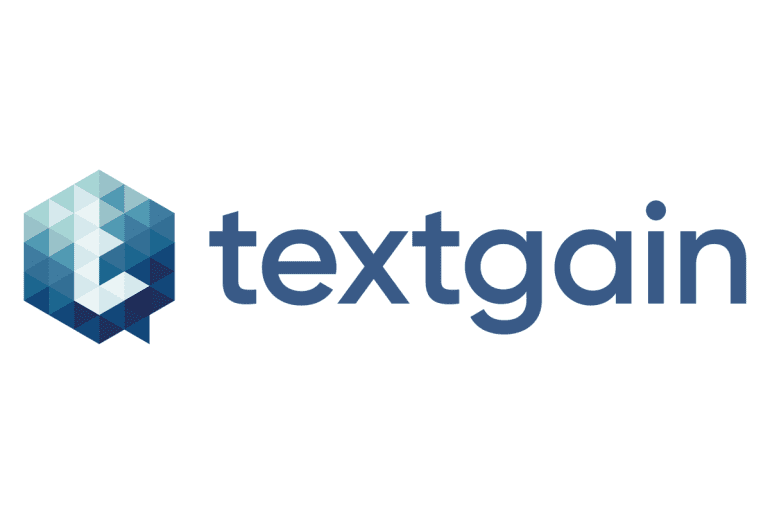- Textgain, based in Belgium, is developing CaLICO, an AI model aimed at detecting hate speech in all official European languages by mid-2025.
- Founded as a spin-off from the University of Antwerp, Textgain seeks to address social issues through advanced AI technology.
- CEO Guy De Pauw emphasizes the limitations of existing large language models in handling toxic language effectively for combating hate speech.
- CaLICO aims to support online platforms in meeting regulatory requirements under Europe’s Digital Services Act by swiftly identifying and mitigating hate speech.
- The development of CaLICO represents a significant step towards enhancing digital safety and compliance within the European market.
Main AI News:
Textgain, a Belgian innovator, is spearheading the development of a groundbreaking AI model aimed at detecting and combating hate speech across all official European languages. Slated for completion by mid-2025, this initiative signifies a pivotal stride towards addressing social challenges through AI technology. The upcoming LLM, CaLICO, promises to redefine content moderation by identifying hate speech with unparalleled precision.
Founded as a spin-off from the University of Antwerp, Textgain is uniquely positioned to tackle societal issues through cutting-edge technology. CEO Guy De Pauw highlights that existing large language models often fail to effectively address toxic language, rendering them inadequate for combating hate speech. This challenge has spurred Textgain to develop its own custom solution, distinct from established models used by commercial giants such as OpenAI or Google.
De Pauw stresses the urgency of addressing online hate speech, citing regulatory requirements under Europe’s Digital Services Act. By providing robust tools like CaLICO to online platforms, Textgain aims to assist in promptly identifying and mitigating hate speech, thereby fostering safer digital environments.
Conclusion:
Textgain’s initiative to develop CaLICO underscores a proactive approach to addressing regulatory requirements and societal challenges surrounding online hate speech. This innovation not only aims to improve content moderation but also sets a precedent for future advancements in AI-driven solutions within the digital services sector.

